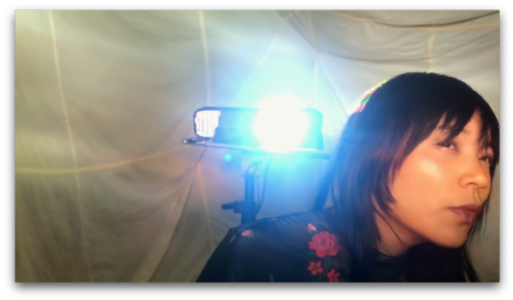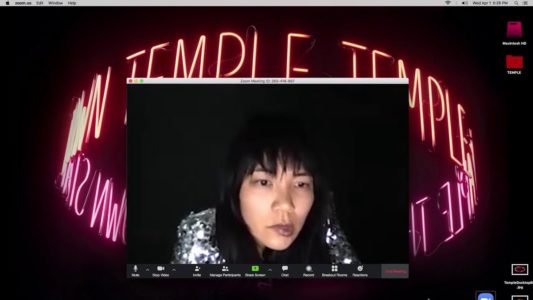
7.5/10
Addendum
John Maus
John Maus has always been a master of atmosphere in his work, and his latest album puts that focus at the forefront. For his quick follow-up to Screen Memories Maus creates a record that is even tighter while almost being too similar at times. There’s a strong through line to the album, which helps tie everything together when he gets too out there or doesn’t push things far enough.
Though there was definitely a live to his previous album, Addendum kicks out with much more immediacy on “Outer Space” as synths and load drums are cranked to the max. As the beats get louder and the vocals soar in more crazy directions the track shows a ferocious hunger from Maus that’s ready to try even more new ideas. “Dumpster Baby” carries a much darker energy as its grimy bass moans under a heavy compression, and his lyrics tell a haunting story. Though the song can feel a little corny at times, Maus’s atmosphere is undeniable.
“Episode” runs with this same rush of energy although Maus’s vocal affectations suggest a sense of confidence he rarely lets fly so excitedly. Here however it’s really the surrounding walls of noise and deep grooves that set the song apart, rather than an energy our key hook. “Drinking Song” though very much an interlude is full of more dynamic experimentation than is found on this album, and over its short run this song really fleshes out the colour of the album even more.
With a little bit of Hall & Oates swagger, “Figured It Out” harkens back to a vintage pop energy while surrounding it in a gloomy and lo-fi haze. Here however, Maus just never shakes things up enough to let the song become something that works outside the context of the album. In the startling beats of “Middle Ages” however Maus reinvigorates his album’s themes into something more pointed and epic, which lets the song sweep in with a little bit of cinematic grandeur. By constantly expanding the layers around his simple loops, Maus is able to keep the repetitive idea fresh.
A different groove runs “Mind The Droves” as the Blade Runner-like synths provide more of a background to a club-heavy bass line. In his dystopian sounds Maus crafts a dance song for a future that is both haunting and simultaneously intoxicating. In “Privacy” Maus loops his energy into more The Smiths-oriented gloomy rock, and slowly widens the reach of his sound. By reinterpreting his own writing around his sonic palette, Maus makes one of the most unique tracks of the record.
“Running Man” despite its notable edges in writing does come off a little more video gamey, leaving all many of the hi-fi sounds of the song feeling out of place. This contrast unfortunately doesn’t help the song, which feels like it would stand taller as a brief interlude. While the tropical synth grooves of “Second Death” are certainly familiar, they fall into the percussion so entrancingly that it’s hard not to dance. As a relaxing mood-piece, the track is a fun and loose shake-up in the middle of a record full of fast and relentless beats.
House tones rule “1987” as Maus pulls you into the scarier sides of times long gone, with a vocal so large that it can feel like too much at times. However, by slow-burning the rest of the instrumentation on this track, Maus builds a song that really envelopes you by the time it wraps up. While there’s a more immediate and fun set of hooks on “I Want To Live” some may find it way too jagged in terms of clashing harmonies to make it that far.
Words by Owen Maxwell
Latest Reviews
Tracks
Related Albums
Related News
Advertisement
Looking for something new to listen to?
Sign up to our all-new newsletter for top-notch reviews, news, videos and playlists.














